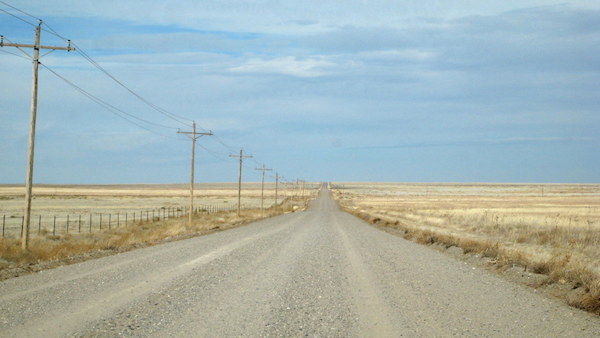A little over a week ago, I learned of the death of a fellow indie author. I did not know Laila Doncaster, except in passing. We exchanged a few words now and then on Twitter, occasionally retweeted each other’s tweets, and that was that.
Her first book of a projected series was published on May 1st. Her bio on Amazon speaks of looking forward to an early retirement. And now she’s dead.
I am saddened. Very much so. A person looking forward to the future, an exciting future, and now there is no future. She’s gone.
Every now and again someone will chasten me for my attitude towards my writing. The sense of intense urgency I have to put pen to paper.
I am driven to produce as much as I can, as fast as I can, and get as many copies of my books into as many hands as I can.
I’m told I shouldn’t feel so driven. I’m told I shouldn’t be looking over my shoulder for the Grim Reaper, while my pen is scratching out page after page of words.
All I can say in response to these well-meaning folk is to quote Seneca: “The whole future lies in uncertainty: live immediately.”
Or to paraphrase: I might die tonight — I need to write today. After all, only I can write my books; and I have many score begging to be written down.
Seneca’s essay, On the Shortness of Life, needs to be required reading. It is the antidote to the carelessness with which most of us approach life and live life — which is the most non-renewable of resources.
I’m 67 years old, and I’m somewhat ashamed to admit I’ve wasted most of the time given to me in this thing we call life.
Ever since I can remember, I’ve wanted to be a writer. However, it wasn’t until I was 37 that I actually, in all seriousness, began to act on my desire instead of just dabble. And it was another 11 years before I began to see the fruit of that action.
According to the actuarial tables, I have another 10 years to live. That’s not a lot of time. And anything can happen between now and then to shorten those 10 years.
Seneca wrote:
It is not that we have a short time to live, but that we waste a lot of it. Life is long enough, and a sufficiently generous amount has been given to us for the highest achievements if it were all well invested. But when it is wasted in heedless luxury and spent on no good activity, we are forced at last by death’s final constraint to realize that it has passed away before we knew it was passing. So it is: we are not given a short life but we make it short, and we are not ill-supplied but wasteful of it… Life is long if you know how to use it.
There’s some comfort in that advice, yet how many of us know how to use our time and not waste it? I confess I’m still struggling with that one. But here, too, Seneca has some advice for us:
No activity can be successfully pursued by an individual who is preoccupied … since the mind when distracted absorbs nothing deeply, but rejects everything which is, so to speak, crammed into it. Living is the least important activity of the preoccupied man; yet there is nothing which is harder to learn… Learning how to live takes a whole life, and, which may surprise you more, it takes a whole life to learn how to die.
In other words, it is unproductive busyness, unproductive worry and anxiety, unproductive lack of focus, unproductive preoccupation with things that don’t matter that rob us of the one thing that does matter — irreplaceable time.
It is the life lived deliberately that is the fruitful life. It is the focused life that is the productive life. As Rainer Maria Rilke advised the young poet: once you’ve decided you must write, then you must structure your life so that nothing gets in the way of writing. Harlan Ellison put it more cryptically: “Writers write.”
I might beat the actuarial odds. My mom was 80 when she died. My dad is 87. His mother died in her 90s, although the last few years she was debilitated by a stroke, and his father died a month shy of his 103 birthday. But I can’t bank on it. Which means I have to write today.
As Seneca noted:
…the man who … organizes every day as though it were his last, neither longs for nor fears the next day… Nothing can be taken from this life, and you can only add to it as if giving to a man, who is already full and satisfied, food which he does not want but can hold.
Living deliberately is the key. And when we do, life — no matter how long or short — is time enough to accomplish great things.
Comments are always welcome! And until next time, happy and productive living!
Share This!